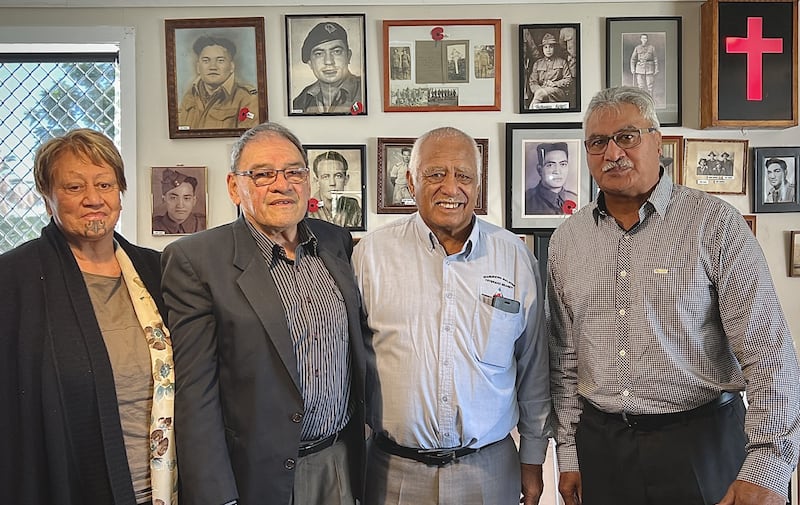Photo / File
Te Teko RSA has long desired health and medical treatment for their region's war heroes and is thrilled to be a part of Te Puna Ora o Mataatua this year.
Hemana Waaka is the coordinator for Te Teko RSA and is excited to finally be able to provide health care to whānau in Te Teko.
“I attended the first hui Te Puna Ora o Mataatua had in the opening of their new building and I heard all their plans to help provide health care for the community, though I did not hear them mention providing care to the Te Teko RSA.”
Waaka says that although they didn't mention the importance of providing the support that the war veterans need, he stood and challenged them to help Te Teko RSA.
“I have always believed, and will continue to believe, that our whānau who have served in the war and returned home will be helped in every way possible. So they responded to my kōrero by saying what a great idea it was and we would have a meeting with the puna.”

Photo / File
Brian Simpson is a board member of Te Puna Ora o Mataatua and says that the hauora contract between the Puna Ora and Te Teko RSA is the first signed agreement in Aotearoa to provide health services to its whānau and members.
“Hemana Waaka’s ambitiousness gave us the knowledge and motivation needed to do this mahi for our war veterans and it should be done all over the country.”
Simpson says Te Puna Ora o Mataatua has a policy specifically made to support their whānau and community and he says they call it a poutokomanawa.
“Our poutokomanawa is to provide for our whānau and communities, including the RSA. We are excited to be able to help and assist our local war veterans, their tamariki, mokopuna and so forth. It’s about time we do this, and we hope others around Aotearoa will do the same for their local war veterans.”
Although it has taken a long time to get to this stage, Waaka says they are proud and honoured that the puna ora is making this step and will provide whānau with the health care that they need and deserve.
“My heart is excited, that they have agreed to support us with the health care we need. From rongoā Māori, mirimiri, hinengaro, tinana and with our nurses and doctors, I cannot thank them enough for this opportunity.”
